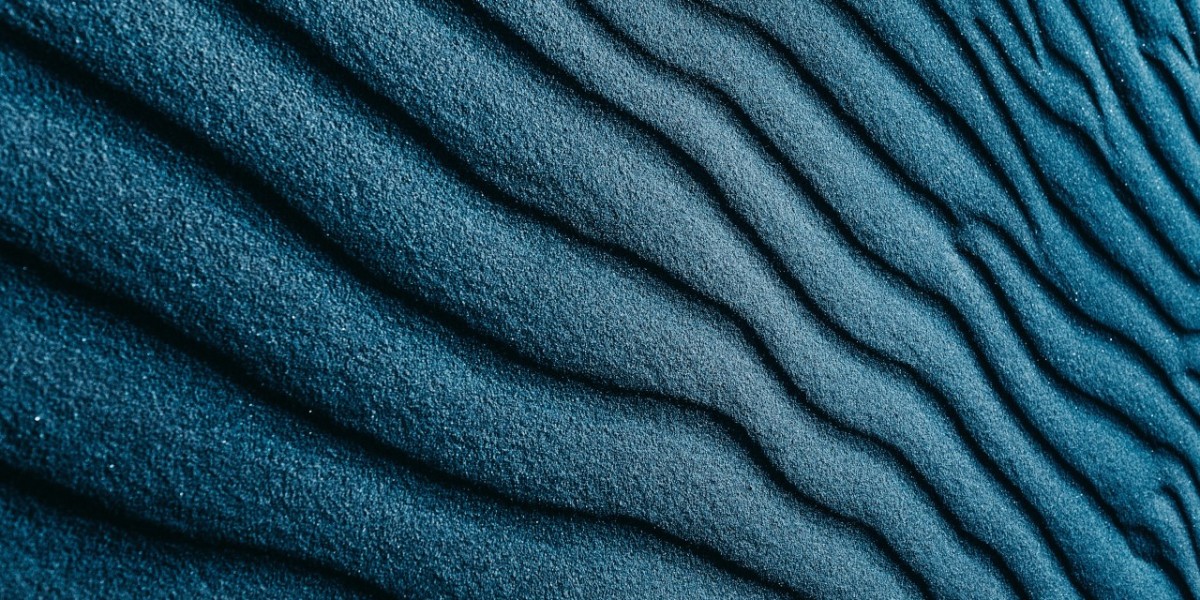The world of fashion is continuously evolving, but some items remain staples in wardrobes across the globe. One such staple is the Essentials Jacket. Known for its versatility, comfort, and timeless appeal, this jacket has become a must-have for those who value both fashion and function. But when purchasing or investing in an Essentials Jacket, one crucial element often gets overlooked – the fabric.
Choosing the right fabric for your Essentials Jacket can make a significant difference in terms of comfort, durability, and style. Whether you're going for a casual look or something more polished, understanding fabric choices will help you make an informed decision.
In this guide, we will explore the most popular fabrics used in Essentials Jackets, their benefits, and why fabric matters when selecting your next jacket. Additionally, we’ll highlight the highly sought-after 1977 Essentials Hoodie, known for its unique fabric composition.
Why Fabric Choice Matters for Essentials Jackets
Fabric plays a key role in the overall experience of wearing a jacket. It affects factors like:
Comfort: The fabric influences how breathable and soft the jacket feels against your skin.
Durability: Some fabrics last longer and can withstand more wear and tear.
Style: Different fabrics offer distinct textures and appearances, contributing to the jacket’s overall look.
Weather Appropriateness: Certain materials are better suited for specific climates, whether it's warmth during cold seasons or coolness during the warmer months.
With that in mind, let’s explore the top fabric choices for Essentials Jackets.
1. Cotton: A Timeless Classic
Cotton is one of the most commonly used fabrics in fashion, and for good reason. It’s soft, breathable, and hypoallergenic, making it a great choice for everyday wear. Cotton Essentials Jackets offer maximum comfort while being durable enough to handle frequent use.
Benefits of Cotton Essentials Jackets:
Breathable: Perfect for warmer climates or spring and summer seasons.
Softness: Provides a smooth feel against the skin.
Hypoallergenic: Ideal for people with sensitive skin.
However, cotton does have some drawbacks. It tends to absorb moisture, so it’s not ideal for rainy or highly humid conditions unless treated with a water-resistant coating. Despite this, cotton remains a popular choice for casual, comfortable Essentials Jackets.
2. Polyester: Lightweight and Durable
Polyester is known for its durability and lightweight nature, making it a popular fabric for outerwear. Many Essentials Jackets are made from polyester because it offers excellent resistance to wrinkles and shrinkage.
Benefits of Polyester Essentials Jackets:
Durability: Long-lasting and resistant to wear and tear.
Quick Drying: Excellent for damp conditions as polyester repels moisture.
Lightweight: Feels light and easy to wear, even for extended periods.
However, polyester is less breathable than cotton, so it may not be as comfortable in extremely warm weather. It’s best suited for cooler temperatures or when you need a jacket that will last and withstand more demanding conditions.
3. Nylon: Windproof and Water-Resistant
Another synthetic fabric that’s growing in popularity for Essentials Jackets is nylon. Nylon is known for its windproof and water-resistant qualities, which makes it a great choice for outdoor wear, especially in unpredictable weather.
Benefits of Nylon Essentials Jackets:
Water-Resistant: Perfect for light rain or misty environments.
Windproof: Ideal for windy conditions, keeping you warm and shielded from the elements.
Lightweight: Similar to polyester, nylon jackets are easy to carry and comfortable to wear.
One potential drawback of nylon is that it can feel less breathable than natural fabrics, although it excels at protection from the elements. If you live in an area with frequent rain or chilly winds, a nylon Essentials Jacket would be an excellent option.
4. Wool: For Warmth and Comfort
Wool has been a trusted fabric for centuries, known for its incredible warmth and insulation. If you’re looking for an Essentials Jacket to wear during the colder months, wool is an excellent fabric choice.
Benefits of Wool Essentials Jackets:
Warmth: Wool naturally insulates heat, making it ideal for colder climates.
Comfort: Wool is soft and provides a cozy feel.
Water-Repellent: Wool can naturally resist moisture to some extent.
Despite its warmth and comfort, wool is often more expensive than other fabrics. Additionally, wool jackets can be heavier, which may not be ideal for all-day wear. However, for fall and winter, a wool Essentials Jacket provides unmatched warmth and luxury.
5. Denim: Casual and Stylish
Denim jackets have been a fashion favorite for decades, offering a blend of casual style and durability. A denim Essentials Jacket adds a touch of ruggedness to your wardrobe while remaining versatile enough to dress up or down.
Benefits of Denim Essentials Jackets:
Durability: Denim is highly durable and can last for years.
Style: Timeless and effortlessly stylish, perfect for casual outfits.
Low Maintenance: Denim is relatively easy to care for and doesn’t require frequent washing.
However, denim is less flexible and can be heavy, which might not be comfortable for everyone. Still, if you’re looking for a jacket that stands the test of time in both style and function, a denim Essentials Jacket is a great choice.
6. Fleece: Soft and Insulating
For those looking for extra warmth and comfort without the bulk of wool, fleece is a top contender. Fleece Essentials Jackets are soft, insulating, and often lightweight, making them great for layering during colder months.
Benefits of Fleece Essentials Jackets:
Softness: Fleece is incredibly soft and comfortable to wear.
Lightweight Warmth: Provides excellent warmth without feeling heavy.
Quick-Drying: Fleece dries quickly and remains warm even when wet.
While fleece is perfect for casual and activewear, it’s not always the most stylish option for formal occasions. However, it remains an excellent choice for cozy, everyday wear.
The Unique Fabric of the 1977 Essentials Hoodie
One standout piece that deserves special mention is the 1977 Essentials Hoodie. This hoodie has gained popularity due to its high-quality materials and unique blend of fabrics. The 1977 Essentials Hoodie typically combines cotton with polyester or other synthetic fibers, offering a balance between comfort, style, and durability.
Key Features of the 1977 Essentials Hoodie:
Comfort: The cotton blend ensures the hoodie is soft and comfortable for everyday wear.
Durability: Thanks to polyester or synthetic blends, the hoodie can withstand regular use while maintaining its shape.
Stylish Design: The minimalist design, coupled with high-quality fabric, makes the 1977 Essentials Hoodie a fashionable choice.
This hoodie has become a must-have in streetwear fashion, making it not only practical but also trendy.
Conclusion: Finding the Perfect Essentials Jacket
When choosing your Essentials Jacket, fabric plays a crucial role in determining comfort, durability, and style. Whether you prefer the softness of cotton, the weather resistance of nylon, or the rugged look of denim, understanding the characteristics of different fabrics can help you find the perfect jacket for your needs.
If you’re looking for something versatile and high-quality, the 1977 Essentials Hoodie is an excellent option. Its carefully selected fabric blend ensures that you get the best of both worlds – comfort and durability, making it a valuable addition to any wardrobe.
Investing in an Essentials Jacket isn’t just about choosing a jacket that looks good; it’s about finding the right fabric that suits your lifestyle and ensures lasting wear.






